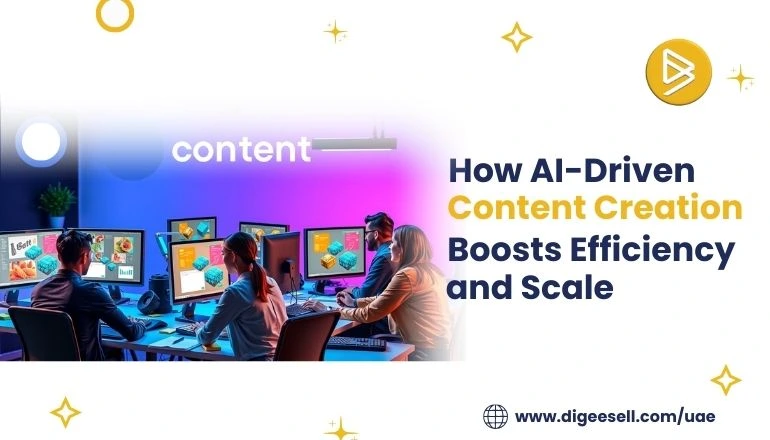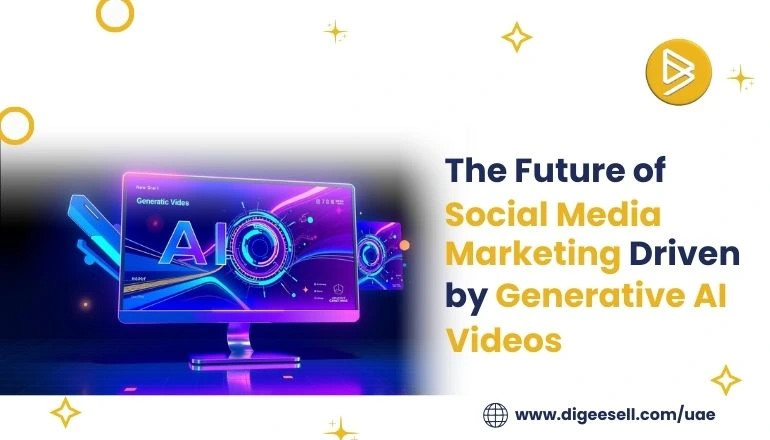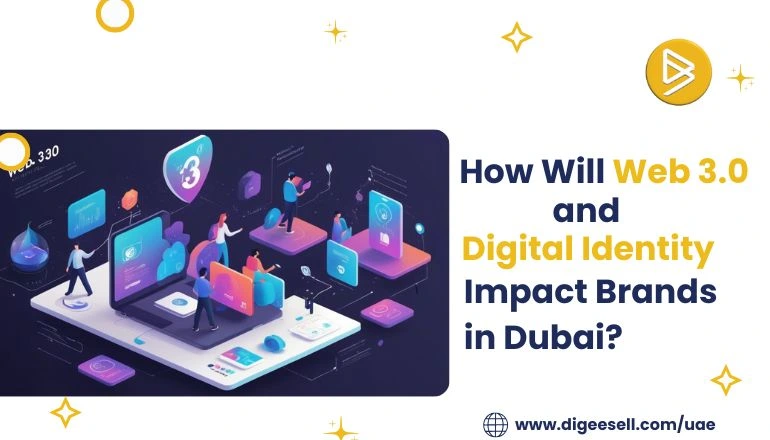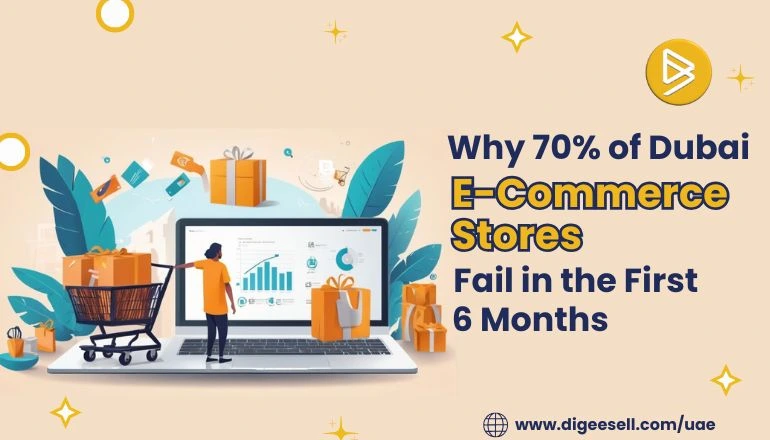Everything You Need to Know About Ecommerce Marketing

A few years ago, people weren’t even aware of e-commerce marketing, but nowadays it has become a necessity for a large population. Whether you want your favorite food or searching for the best branding clothes, everything you can get through e-commerce websites, even your daily groceries as well. So we all know requirements create opportunities, and e-commerce is a big requirement for the current generation. By the way, if you want to know more about e-commerce marketing, then this blog will definitely provide complete information.
What Is E-commerce Marketing?
E-commerce marketing is the practice of using promotional strategies to attract traffic to your online store, convert visitors into customers, and retain those customers post-purchase. It involves a mix of techniques like search engine optimization (SEO), email campaigns, content creation, and social media marketing. For example, Amazon, Flipkart, or Blinkit are using e-commerce strategies to take their businesses to the next level, and as we are aware of, they gain so much popularity and high profit in their e-commerce business.
Key Goals of E-commerce Marketing
- Increasing brand visibility and awareness.
- Driving quality traffic to your online store.
- Converting visitors into loyal customers.
Unlike traditional retail, e-commerce marketing happens entirely in the digital domain, allowing businesses to reach a global audience.
E-commerce Marketing Vs. E-commerce Advertising
While the terms are often used interchangeably, e-commerce marketing and advertising have distinct roles:
E-commerce Marketing
- A perfect method that includes organic and paid strategies.
- Focuses on building brand reputation, engaging with customers, and long-term growth.
- A subset of marketing that specifically involves paid methods like Google Ads, Social Media Ads, and Display Advertising.
- Targets immediate visibility and quick conversions..
- Optimizes your website with effective SEO strategies to rank higher on search engines.
- Drives organic traffic by targeting keywords your audience is searching for.
- Involves creating blogs, videos, and infographics to educate and engage your audience.
- Builds faith and establishes your authority in your relevant industry.
- Uses platforms like Instagram, Facebook, and TikTok to reach potential customers.
- Great for creating interactive campaigns and boosting brand visibility.
- Helps in nurturing leads and maintaining customer loyalty.
- Includes personalized offers, product recommendations, and updates.
- Leverages popular influencers to promote your products.
- Especially effective in Dubai’s trend-driven market.
- Targets specific audiences through platforms like Google Ads.
- Delivers immediate results for high-intent search queries.
- What Worked: Focused on discounts and personalized offers for Ramadan shopping.
- Impact: Boosted customer engagement through culturally relevant marketing.
- What Worked: Eye-catching banners and exclusive app-only deals.
- Impact: Drove significant app downloads and purchases during the promotion.
- What Worked: Used eco-friendly messaging alongside massive discounts.
- Impact: Created a buzz and positioned the brand as socially responsible.
- Make sure your website should be mobile-friendly and easy to use.
- Quick loading times and secure payment gateways build trust.
- Use tools like Google Analytics to understand customer behavior..
- Tailor your marketing strategies based on data insights.
- Offer personalized product recommendations based on browsing history.
- Use dynamic email marketing to re-engage customers.
- Incorporate long-tail keywords to cater to voice search users.
- With Dubai’s tech-savvy audience, voice search optimization is crucial.
- Partner with relevant field influencers who can easily connect with your target audience.
- Influencers can drive significant traffic and sales in Dubai's vibrant market.
E-commerce Advertising
For a successful online business, it’s essential to strike a balance between these two approaches.
Types of E-commerce Marketing
Different types of e-commerce marketing cater to various aspects of the buyer's journey. Here are the most effective ones:
1. Search Engine Optimization (SEO)
2. Content Marketing
3. Social Media Marketing
4. Email Marketing
5. Influencer Marketing
6. Pay-Per-Click (PPC) Advertising
Examples of Great E-commerce Marketing Campaigns in Dubai
Dubai, known for its tech-savvy and trend-conscious audience, has witnessed some exceptional e-commerce campaigns. Here are a few examples:
1. Search Engine Optimization (SEO)
2. Noon’s Mega Sale
3. Carrefour UAE’s Green Friday Sale
E-commerce Marketing Tips
To excel in e-commerce marketing, here are some actionable tips to follow:
1. Focus on User Experience
2. Leverage Data Analytics
3. Personalization is Key
4. Optimize for Voice Search
5. Collaborate with Local Influencers
Conclusion
Change in the world requires change in business style as well, so if we consider e-commerce, mastering marketing strategies is the key to success. From personalized experiences to influencer collaborations, the opportunities are limitless. Stay ahead by embracing innovation, leveraging trends, and adapting to your audience’s needs. With the right approach, your online store can flourish in competitive markets like Dubai. If you want a good e-commerce marketing strategy for your business and don’t have any clue where the best e-commerce marketing agency is in the UAE, then you can feel free to contact DigeeSell, and they can help you grow your e-commerce business.







